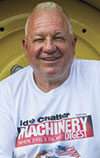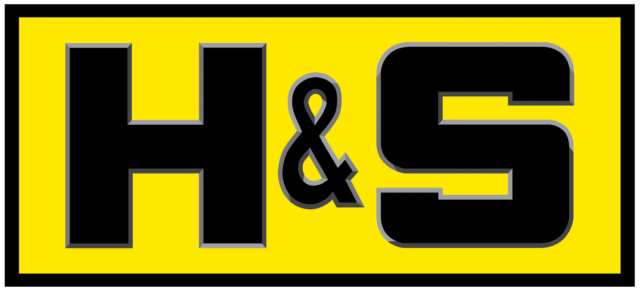Before you finish your first cup, you brag about what a good husband you are: You warmed up your wife’s car for her before she left to teach school in the next town. You also warmed up your pickup, not for comfort but since it is better for the engine.
Some of your buddies have a different opinion. Who is correct about warming up an engine?
A: Farmer A says that by idling the engine until it makes heat, you are decreasing the wear, and it is the smart thing to do if you want all your equipment to last.
B: Farmer B argues that it is the worst thing to do. You are wasting fuel and accomplishing nothing. When corn was $8 per bushel, that was fine – but with $3.50 corn, you are crazy.
C: Farmer C is firm in stating that you are creating excessive wear by warming up an engine.
D: Farmer D claims it makes no difference what you do. All these new engines are junk and will not last like his old JD 4020 and 1972 Ford did.
Situation No. 2
You have an old Ford F-600 grain body truck you want to put back into service during harvest to supplement the semis and grain carts. It runs well, but the engine needs to be rebuilt, and it would be a good winter project.
Your yields have gone up so much you need more ways to move the grain to keep the combines working. You figured out that this would be the least expensive way to satisfy the need, and you can use the truck for other things.
A friend suggested a machine shop in the next county, and you went to talk to him. The shop foreman told you they would not need to bore the engine, just hone it and fit new rings and bearings. He said that with most engines, if you did not score the cylinder wall, a hone job is all that is required.
At first, you are happy to hear this since the cost would be lower, but it is contrary to what you had heard in the past. You had always believed that a block needs to be bored and then honed. You ask four of your friends, and this is what they tell you.
A: Farmer A says you found an honest machine shop and should give him your business.
B: Farmer B told you to junk the truck and buy a used one.
C: Farmer C informs you that an engine block is either bored or honed – but never both.
D: Farmer D tells you to run from that shop. The proper way to rebuild a worn engine is to bore the cylinder and then hone it to the new pistons’ size that will be required.
Answers
Situation No. 1: Farmer C is correct. Letting an engine idle to build heat exposes it to excessive wear. With a gasoline engine, the rate of fuel vaporization is poor. In a diesel, the cold cylinder wall does not provide enough heat to burn all the fuel. In both examples, the oil becomes fuel diluted, and carbon deposits form on the piston crown and backside of the intake valves. Also, all other engine parts are cold and experience excessive wear, as much as 1,132% by some tests.
The best procedure is to start the engine and, as soon as oil pressure is up (one to two seconds), drive the vehicle or equipment away under an exceptionally light load. This will significantly decrease the amount of time the engine sees excessive wear since heat will be built faster.
As an aside, this also brings the entire driveline up to temperature. Idling the engine only puts some warmth into the engine block and not the rest of the driveline.
Situation No. 2: Farmer D is correct. With scarce exception can an engine block only be honed and not bored. A hone is not aggressive enough and will just follow the taper and out-of-round condition in the cylinder. The boring procedure will cut the cylinder round again and provide the proper clearance between the piston skirt and the cylinder wall (piston to wall clearance).
When a cylinder is bored, oversize pistons are required. If the engine uses sleeves, then the sleeves may or may not have enough material to bore – and if so, they are replaced. If the pistons measure in the specification, they can be reused, but it is not advised. If the cylinder liners are worn, so are the pistons. ![]()

-
Ray Bohacz
- Hot Rod Farmer
- Email Ray Bohacz










